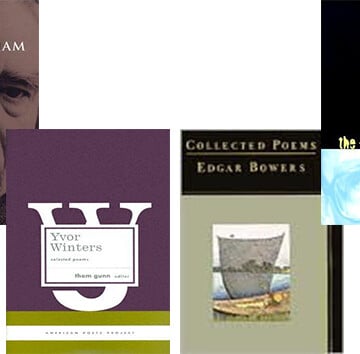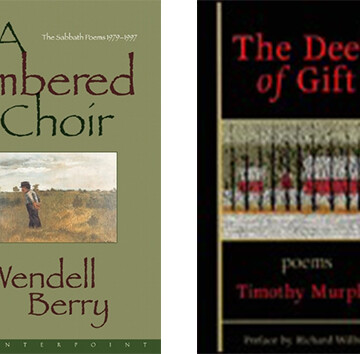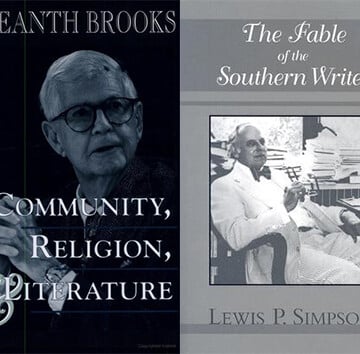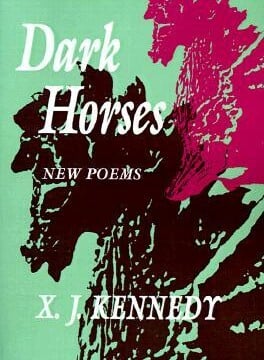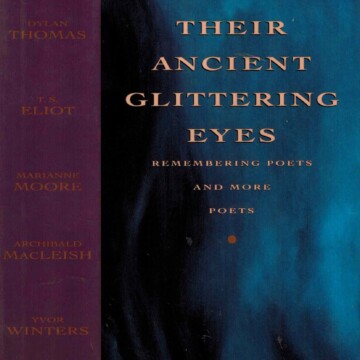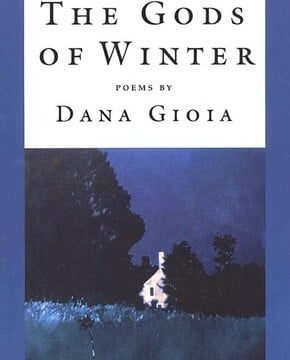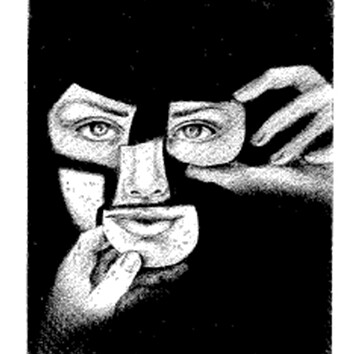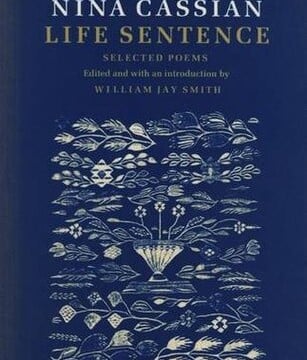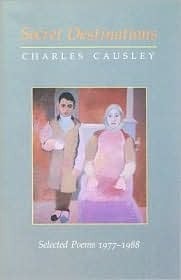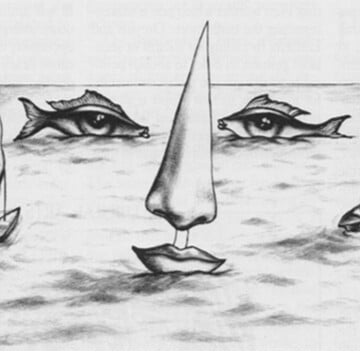From the August 1996 issue of Chronicles. “Poetry is the language of the state of crisis.” —Stéphane Mallarmé When Cleanth Brooks died at 87 in 1994, a great era of American literary criticism ended. Brooks had been one of John Crowe Ransom’s prize students at Vanderbilt, and when Ransom issued the call for a method...
Author: R.S. Gwynn (R.S. Gwynn)
The Trybe of Yvor
“Poetry is the language of a state of crisis. —Stephane Mallarme Poet Laureate Robert Pinsky’s remembrance of his first day in class with a professor who—if his stubborn presence in the work of several generations of students and now even the students of those students is any measure—must have been one of...
Georgics on My Mind
“Farmer-poet” is one of those hyphenated epithets that summons up a vision, and for most readers of American poetry that vision is embodied by Robert Frost, who, the legend has it, turned out memorable poems in spare moments stolen from apple-picking, wall-mending, and woods-stopping. But Frost, despite his undeniable poetic stature, was never much more...
We Are Going, Gentlemen
“Poetry is the language of the state of crisis.” —Stéphane Mallarmé When Cleanth Brooks died at 87 in 1994, a great era of American literary criticism ended. Brooks had been one of John Crowe Ransom’s prize students at Vanderbilt, and when Ransom issued the call for a method of criticism of poetry that would not...
Pluggers
There is a cartoon that I see from time to time called “Pluggers,” a one-panel affair offering variations on a single theme: “You’re a plugger if. . . . ” One can qualify as a plugger by virtue of having stacked a woodpile taller than his house; loaded a freezer full of individual servings of...
Visible Poets
Many readers will fondly recall the earlier incarnation of Their Ancient Glittering Eyes (the title is taken from Yeats’s Lapis Lazuli), published in 1978 as Remembering Poets. That book contained Donald Hall’s reports of his close encounters with four giants of modernism—Robert Frost, Dylan Thomas, T.S. Eliot, and Ezra Pound. When Hall began revising for...
Poetry That Matters
In the May 1991 issue of the Atlantic poet and critic Dana Gioia asked “Can Poetry Matter?” Gioia, who has spent most of his working life outside of the academy, warns of a species in danger of extinction, the vanishing general audience for poetry that existed in this country only a few decades ago. He...
Who Is Sylvia? What Is She?
Unlike the situation of only a few decades ago, the position occupied today by women poets in American literary culture is so prominent, the range of their subjects and styles so wide, that it has become virtually impossible to make any generalizations about them or their work except to note that in diversity must lie...
A Private Sensibility
A generous spread of four poems that appeared in the New Yorker early in 1990 introduced many American readers to the work of the renowned Romanian poet Nina Cassian (Renee Annie Stefanescu). Even though her poetry has been appearing in English versions for the better part of a decade, the New Yorker set, translated by...
Craft and the Craftsman
When Charles Causley’s Collected Poems was published in 1975, reviewers in American magazines generally praised his work but somehow managed to relegate him to the limbo of minor poets. By focusing on his mastery of the ballad, they may have given the impression of a Johnny One-Note who, in his idiosyncratic disregard for the main...
Poetry You Can Read
“It seemed so simple when one was young and new ideas were mentioned not to grow red in the face and gobble.” —Logan Pearsall Smith In his introduction to the 1962 Penguin anthology Contemporary American Poetry, Donald Hall wrote, “For thirty years an orthodoxy ruled American poetry. It derived from the authority of T.S. Eliot...
